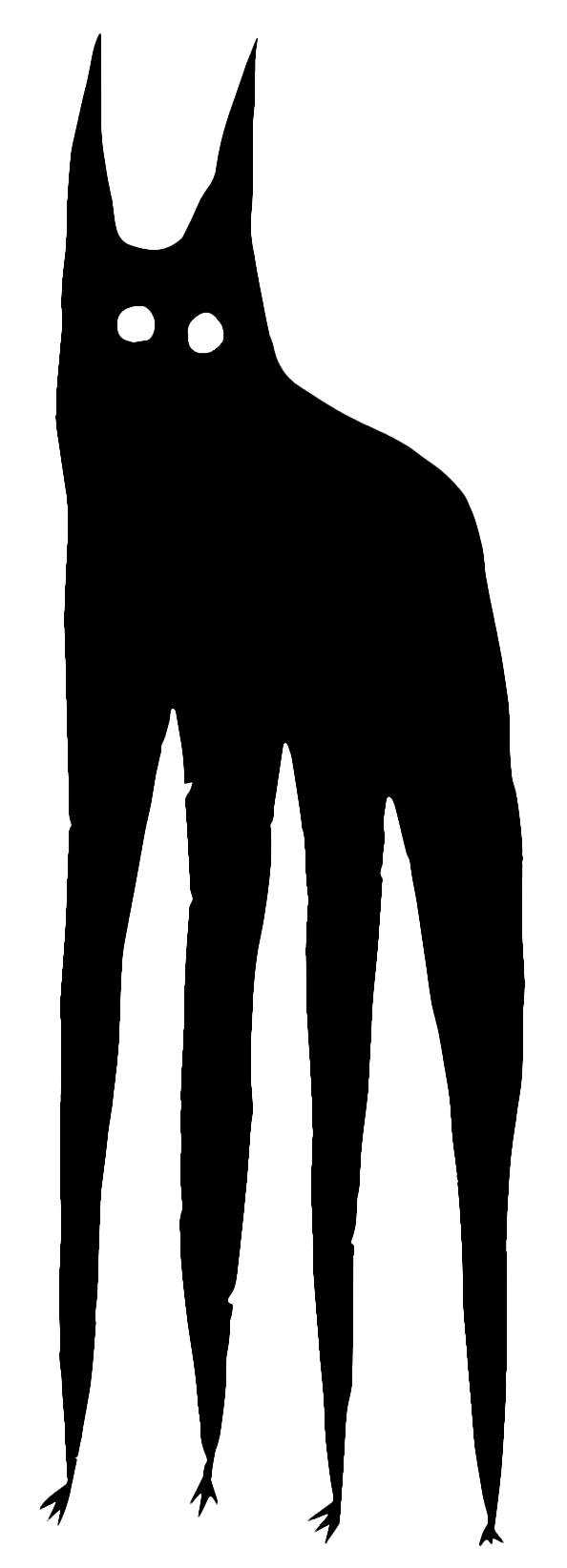When a percussion philosopher assembles his laboratory of sound, the walls between rhythm and melody begin to dissolve. This is music as inquiry rather than statement—four sonic investigators treating Little Jumbo's intimate geometry as a place where questions sound better than answers.
One arrives carrying four decades of conversations between drum heads and the spaces between continents, his sticks having traced rhythmic philosophies from Cologne jazz clubs to circus tent reveries, from teaching halls where young minds learned to bend time to stages where time learned to bend itself. Another brings the gravitational architecture of four strings, building invisible foundations sturdy enough to let everyone else float. A third treats the violin like an open-ended hypothesis, proving that the most interesting discoveries happen when classical training meets a willingness to sound beautifully wrong. And the fourth channels bebop through the lens of political science, his eighty-eight keys reminding us that jazz has always been intellectual discourse disguised as groove.
This isn't a band playing repertoire—it's an ensemble treating the stage like a petri dish where grooves breathe, textures mutate, and curiosity compounds into something that couldn't exist in any single musical tradition. European improvisation meets Appalachian immediacy. Scholarly rigor meets street-level spontaneity. Cirque Du Soleil's theatrical surrealism brushes against Harvard's ivory tower sensibilities, all of it refracted through the prism of musicians who've learned that convention is just another variable to manipulate.
In a room where proximity breeds revelation and every frequency finds its frequency-responder, prepare for an evening where rhythm becomes hypothesis, melody becomes evidence, and four veteran explorers prove that after four decades of making music, the most exciting sound is still the one you haven't heard yet.
Featuring

Christian Howes treats the violin like a conversation starter rather than a statement piece. He's as comfortable teaching in a high school orchestra room as he is on stage, and has spent years figuring out how to help string players speak jazz, blues, and whatever else wants to come out. Through his nonprofit Creative Strings, he's created hundreds of free lessons that prove you don't need a pedigree to improvise—just curiosity and a willingness to sound weird for a while. He plays like...
.jpg)
Quinn Sternberg doesn't just play bass—he becomes the gravitational center around which musical solar systems orbit, his four strings serving as the invisible force that holds melody and rhythm in perfect harmonic balance. In Asheville's intimate jazz venues, Sternberg has mastered the art of musical architecture, building rhythmic foundations so sturdy that horn players can stretch toward the stratosphere while drummers explore the outer reaches of syncopation. His upright bass doesn't...

From Nebraska to Harvard to Little Jumbo, Dr. Bill Bares embodies the scholarly soul of jazz—a NEH Distinguished Professor whose academic credentials from Amherst College read like a jazz education manifesto written in political science and piano poetry. When a lip injury ended his All-American trumpet dreams, Bares discovered that sometimes life's detours lead to destinations you never knew you were seeking. Now directing jazz studies at UNC Asheville after teaching stints at Harvard, Brown,...

Before Alan Hall played his first drum lesson, he played concerts. He and his sister would turn on the radio and perform for the neighborhood kids in San Jose — no instruments, no training, just the instinct that sound was meant to be shared and that sharing it required an audience. His mother was a pianist who sang and taught. His grandparents were Spanish dancers on the vaudeville circuit. His father's father wrote pop songs. The family had been in the business of moving people's bodies for...
Admission
FREE!


